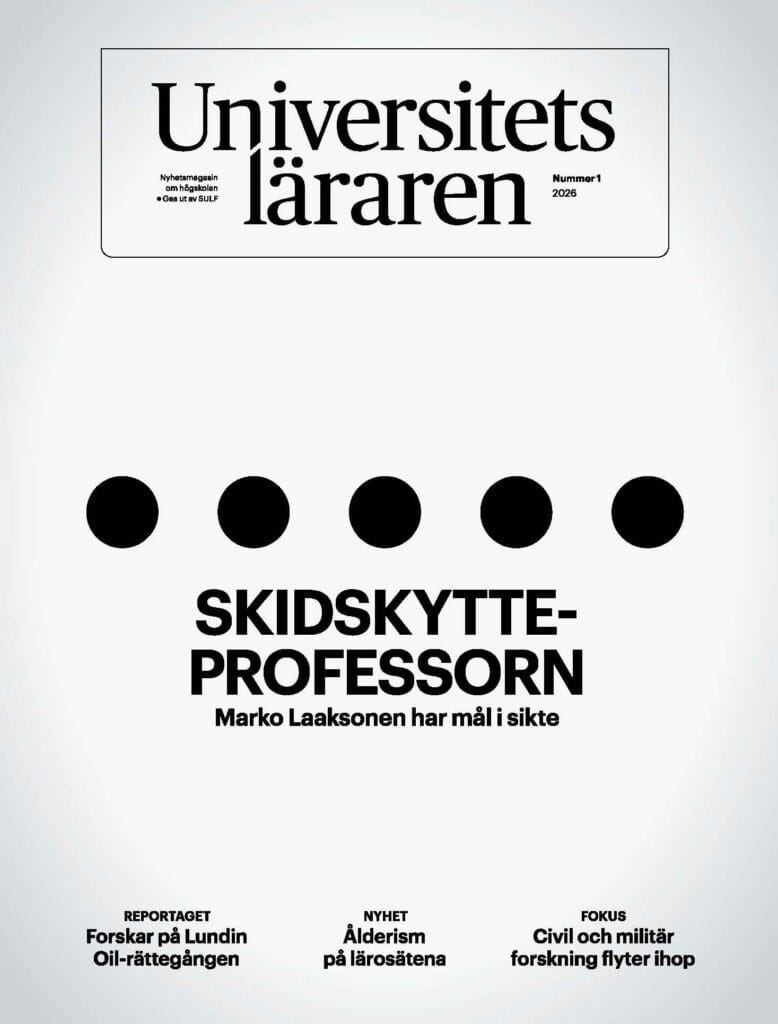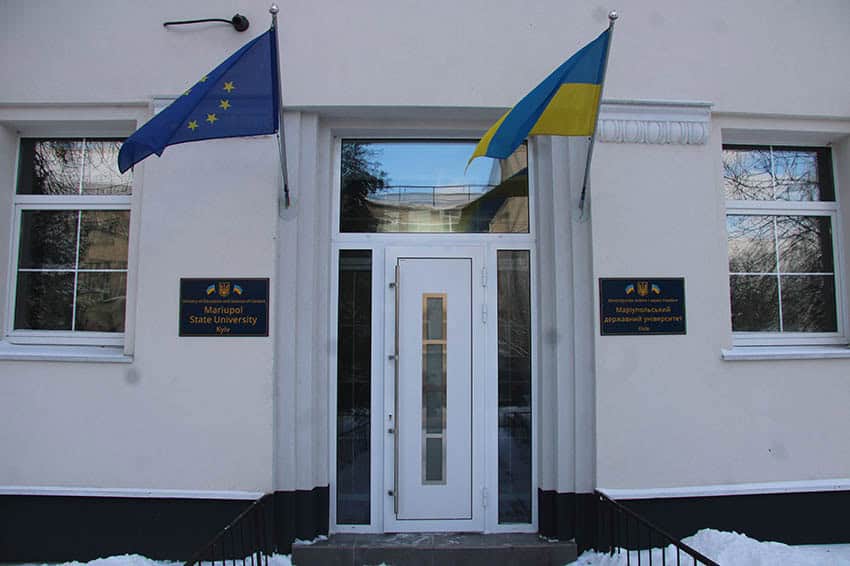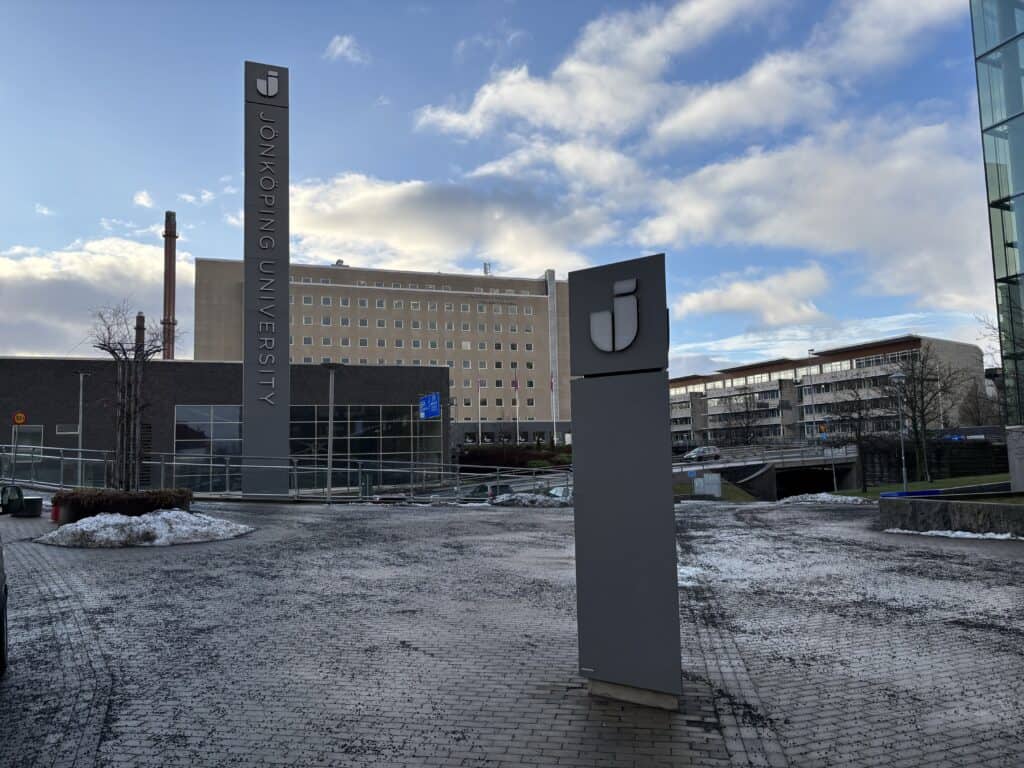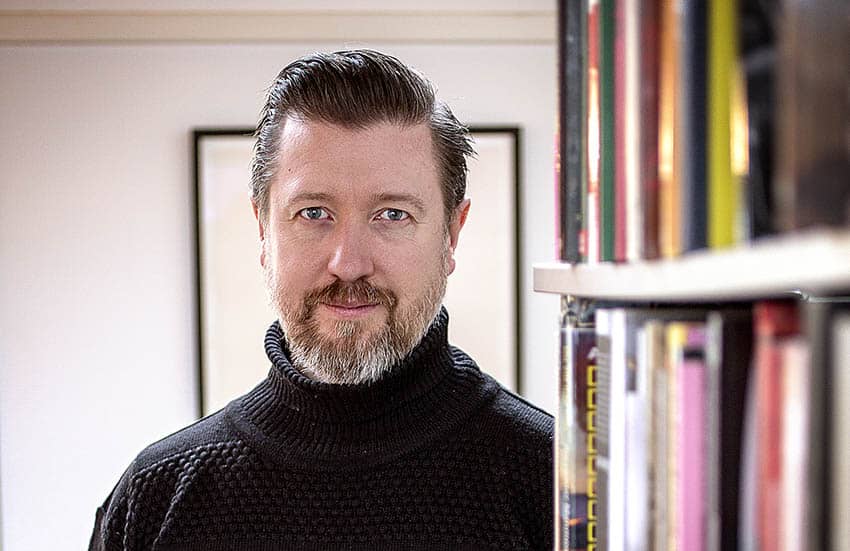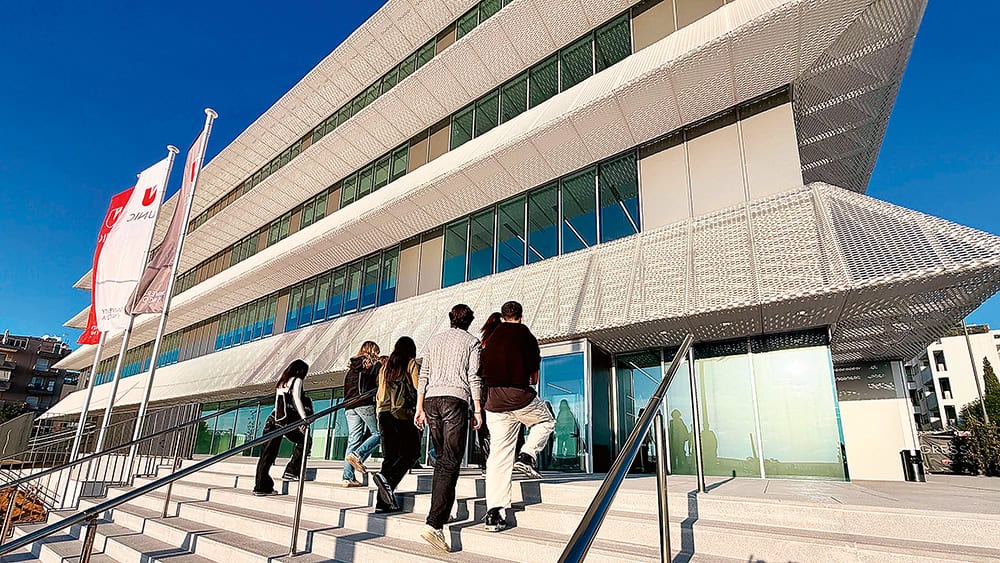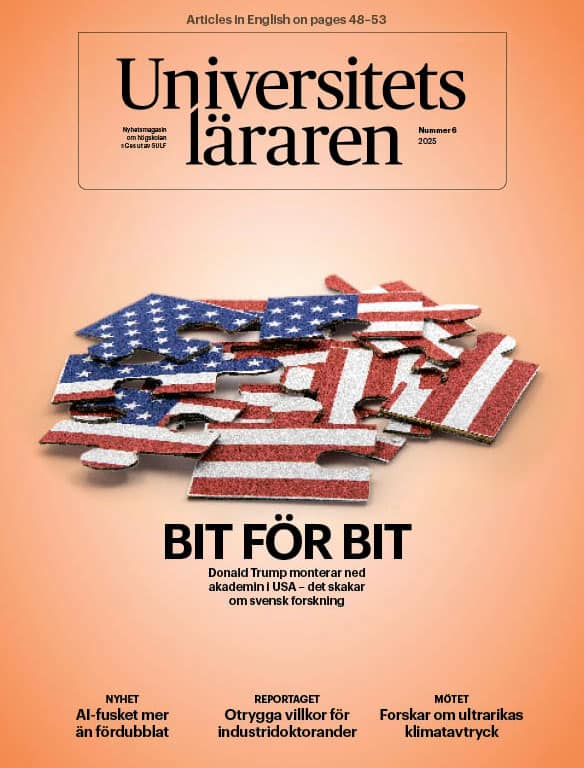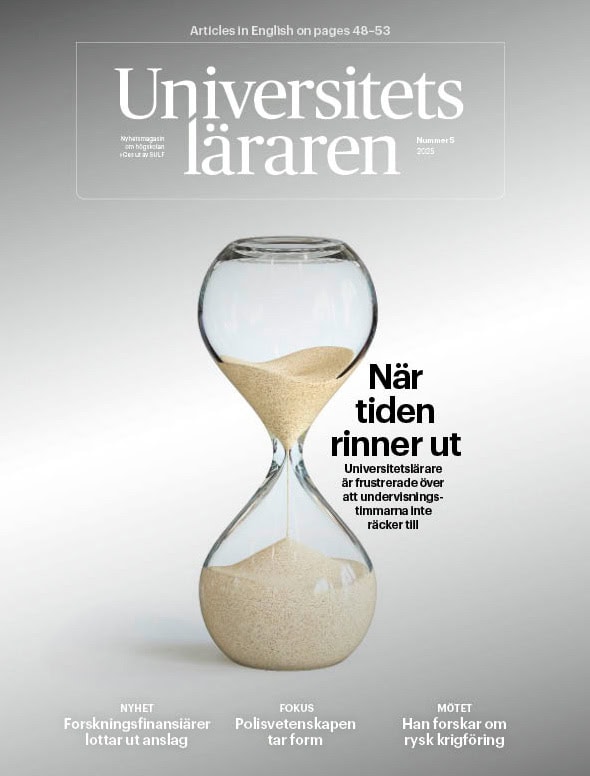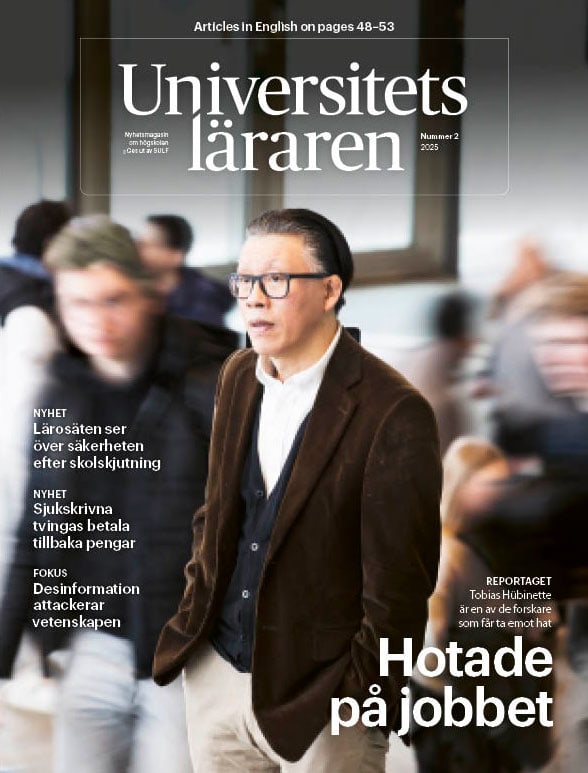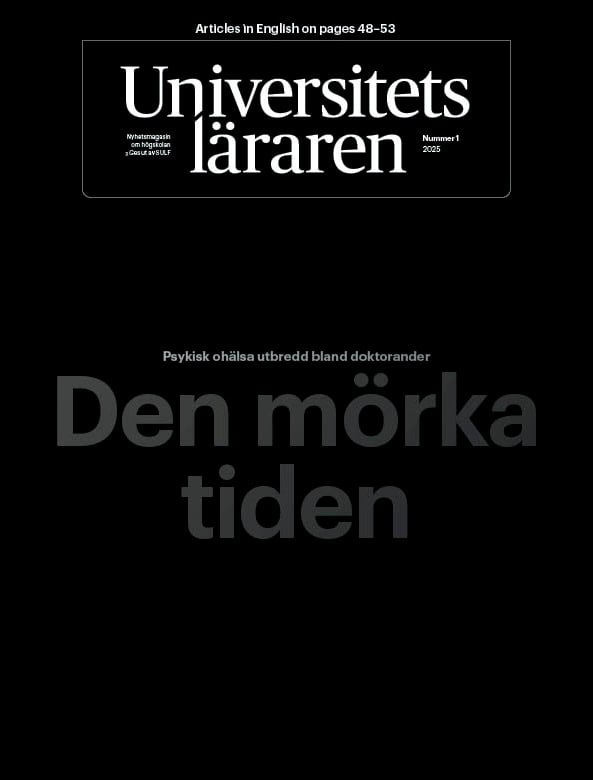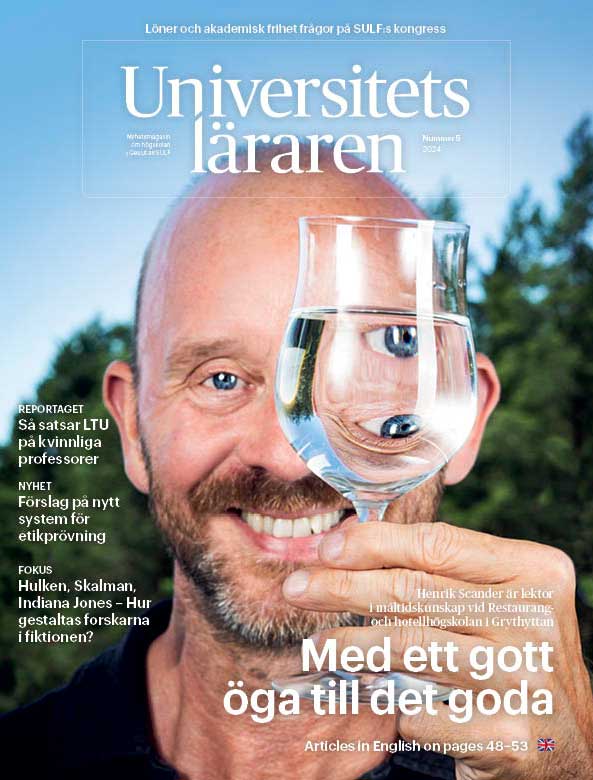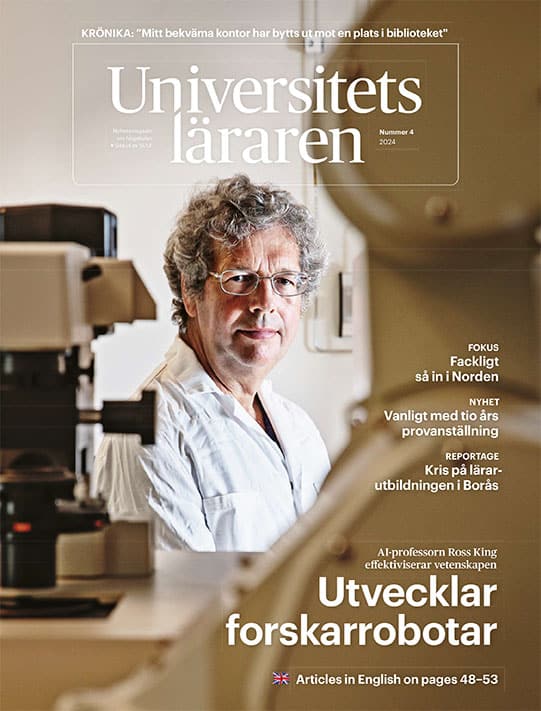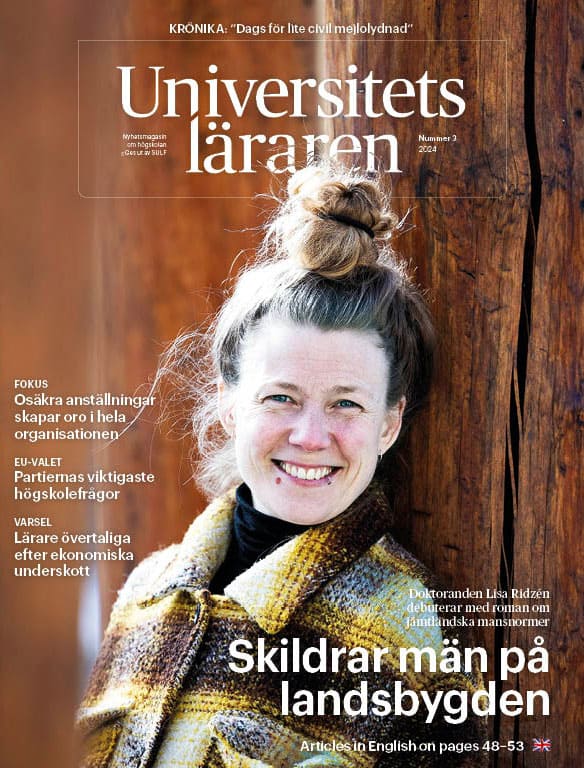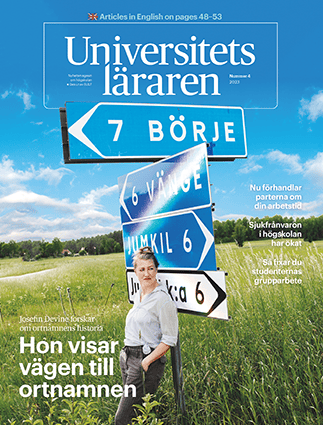Jorge, please go and check out if there are any job opportunities in Sweden, since the Nordic countries are worth it. And as if that was not enough, Sweden also fascinates me!
This was the advice I got from one of my closest friends in Portugal just over five years ago. I followed it and still remember the day I arrived in Sweden. At that time, all Nordic countries were included in the group of those considered to be the best to live in. They are still in that category today but, politically, things have been changing, just as they have in other European countries. In recent years, both during our Skype conversations or when I am in Portugal on holiday, the theme “political change” has always been on the agenda, and my friend’s speech has been entirely different: “Jorge, I have been searching for job opportunities in Sweden but in view of the latest political developments, my search has become less intensive.”
From my point of view, the country that benefits the most from this phenomenon of migration, where, in this case, highly educated students seek academic development or a career in the private sector, is the recipient country. The “emissary” country… well, that is the one that loses most: it loses brilliant minds, new perspectives, the desire to do better and better within multiple areas and, not least, it loses the payback from a long and expensive investment in education. We seekers leave our home countries with some disappointment but full of dreams, and our adrenaline pumps as we start exploring the unknown.
The more conservative parties (in this case, right-wing parties) have been gathering increasing support, and Sweden provides a clear example of this. The truth, however, is that I have not experienced anything so far that would indicate that a political shift is in motion. Perhaps this is due to the everyday life I lead and the people I have contact with. Perhaps it is linked to the way I follow the political developments from day to day, (which I confess is not always as closely as I should). Or perhaps it is an indication of how strong the right-wing parties actually are at present. Nonetheless, if I sit and reflect for a moment, I may briefly feel a little apprehensive, but this is followed rapidly by a more optimistic mood.
I have not seen any political views from the Sweden Democrats specific to foreign PhD student conditions. However, the fact that the Sweden Democrats defend temporary instead of permanent residence permits makes me think about regression. Not long ago, new legislation meant that foreign doctoral candidates in Sweden became eligible for a permanent residence permit upon completion of their degree. Naturally, if the Sweden Democrats become more and more influential, this legislation might be amended, hence my apprehension sometimes.
Politically, I defend a system in which every single party has some views that can and should be considered and accepted by whoever is running the country. From my perspective, and I would guess that of every foreigner to an extent, I just hope that in the coming years, the Swedish government sees us highly-educated foreigners as a resource that is ready to be fully integrated into Swedish society and ready to contribute to the prosperity of Sweden. And that this view remains constant, whichever party is in power. We just need a little encouragement and guidance to succeed.
Jorge Ferreira, PhD from Portugal, University of Borås











